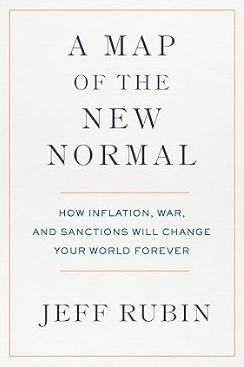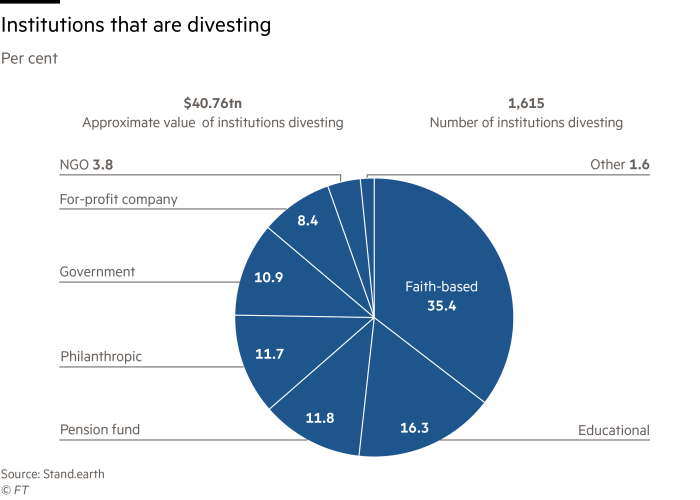The U.S. Securities and Exchange Commission is expected to make a key decision on approving ether exchange-traded funds next week.
But it will likely fail due to a lack of an over-arching regulatory framework for all cryptocurrencies, according to Ric Edelman, head of the Digital Assets Council of Financial Professionals.
“I think that there’s going to be another delay, which is frankly, not really bad news,” Edelman told CNBC’s “ETF Edge” this week.
Edelman, an investor and personal finance author, thinks there needs to be an emphasis on regulations to protect people from crypto scams. He notes current laws are more than a half century old and are not built for digital technology.
“Without any cop on the beat, it’s forcing investors to go on their own outside of the investment advisory community because the community can’t help them because we don’t know what the rules are. And they’re ending up in scams and frauds,” he said. “The sad irony is that [SEC Chair Gary] Gensler is claiming to be wanting to protect the consumer. But his refusal to write regulation is actually harming the consumer rather than helping.”
Bitwise Asset Management’s Matt Hougan is also pushing for new rules.
“80-year-old securities laws don’t fit neatly into this world of digital assets, crypto and 21st century technology,” the firm’s chief investment officer said. “Ultimately, I think everyone wants the same thing. They wanted a safe, secure platform where investors are protected, and innovation is protected.”
Hougan notes Bitwise has its own application for a spot ethereum ETF and is hopeful about the future.
“We’ve entered the ETF era for crypto. We’ve seen the bitcoin ETFs come to market. We’ve seen the great things they’ve done for investors — lowering costs, improving regulation, improving sort of safety, security and peace of mind.,” Hougan said. “I think we will get there on ethereum as well.”
The two ether ETF proposals, submitted by VanEck and ARK Investments/21Shares, are set to be approved or denied this month.



